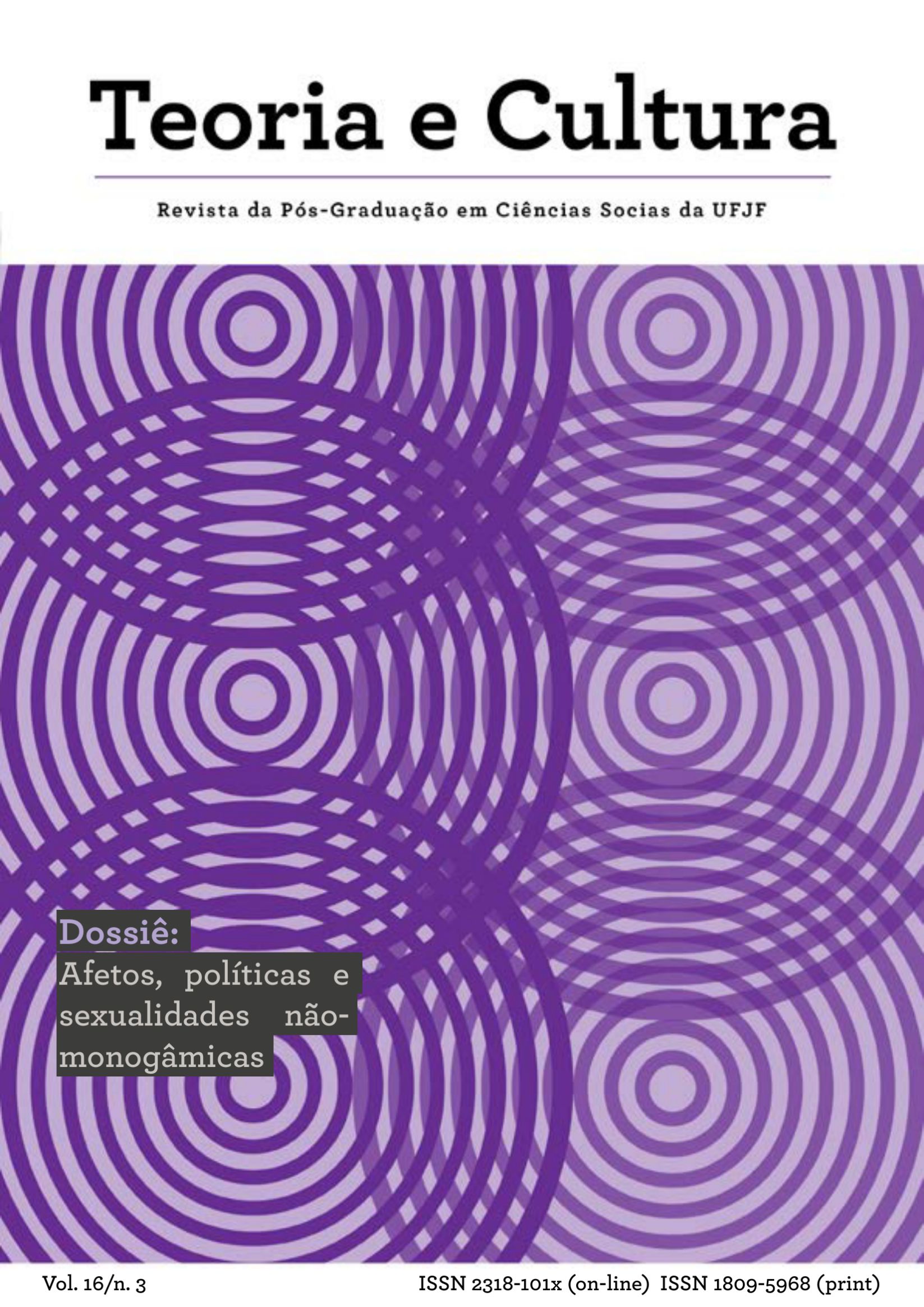A (in)visibilidade do poliamor:
por que não podemos amar várias pessoas em público?
DOI:
https://doi.org/10.34019/2318-101X.2021.v16.34852Abstract
The possibility of experiencing in public the choice for polyamory is a topic that deserves attention from Political Science, since the State can effectively limit or enable, through legislation and coercive power, the amplitude of affective freedom and autonomy. Laws are ineffective to prevent any kind of love experience from taking place in the private sphere, however, they can restrict the public exposure of affective choices that are not compatible with the hegemonic position. Who has the right to disclose their way of loving or experiencing their affection? Currently, only heterosexual, cisgender and supposedly monogamous couples have full acceptance of their way of loving, so they find recognition and acceptance in the public sphere and in legislation. All other ways of being, loving and forming a “family” are still considered “deviant” and their experience in public encounters barriers and generates embarrassment. The purpose of this essay is to show that the choice of polyamory requires a certain political engagement on the part of people who decide to publicly experience their multiple, simultaneous and mutually consenting loves. That's because whoever opts for polyamory challenges several “norms” treated as “principles” or as the “correct” way of being and loving - which combines heteronormativity, cisnormativity and mononormativity.
Downloads
Downloads
Published
Versions
- 2022-06-02 (2)
- 2021-12-22 (1)








